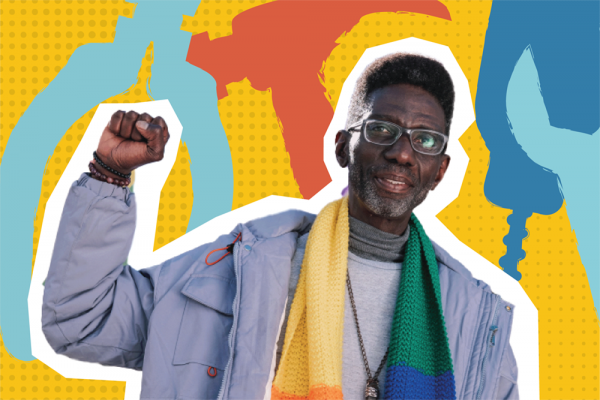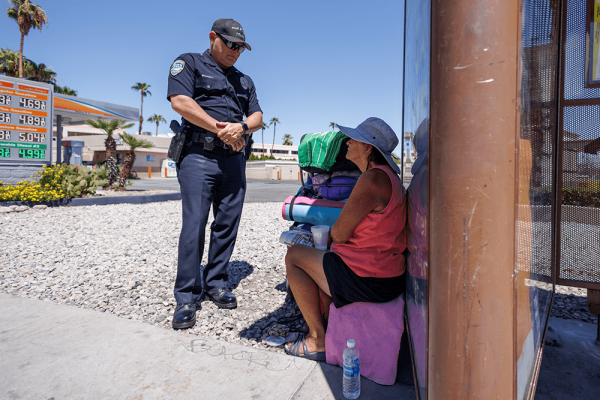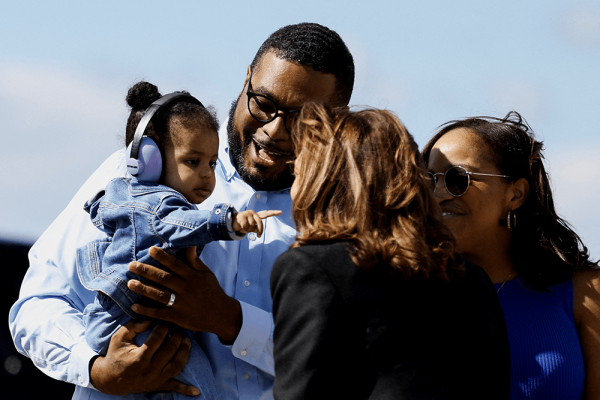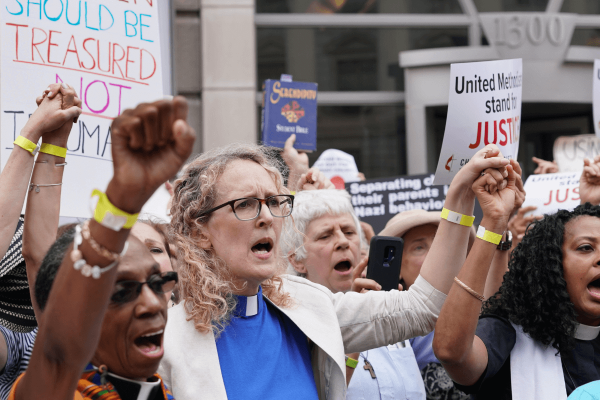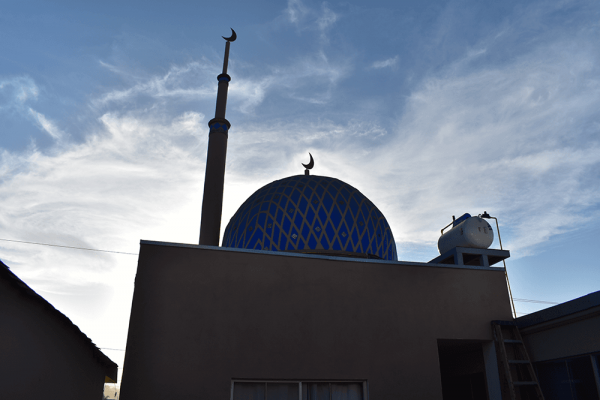I was listening to BBC’s Focus on Africa this summer when I first heard Dausab interviewed about his role in the landmark court case to overturn Namibia’s anti-LGBTQ+ legislation. In a throw-away line, the host indicated that Dausab was a Christian — and Dausab didn’t equivocate.
“As a born-again Christian, I always go back to Jesus …,” Dausab told the host.
Who was this born-again Christian that brought down Namibia’s sodomy laws? I wanted to meet this guy.
Palm Springs, Calif., long known as a desert playground for the rich and famous of Los Angeles, has enacted a number of progressive measures to address homelessness. Then in July, the all-Democratic city council passed a ban on sleeping on public property that will expand police authority to arrest the unhoused, underscoring how even liberal cities have lost patience as the homeless crisis persists.
Christian engagement in American patriotism has often gotten a bad rap, and rightly so: All too often, a healthy love for one’s country (patriotism) seeps into a pernicious love of blood and soil (nationalism), with the latter often marked by a sense of superiority, domination, or ethnocentrism. But instead of offering a strong counter-witness to these toxic impulses, Christians in the U.S. have often led the way, twisting the gospel to support American nationalism. Understandably, some Christians — both now and in the past — have responded by rejecting nationalistic forms of patriotism as something incompatible with following Jesus. As a Christian, I believe the answer isn’t to altogether reject patriotism, but instead to redeem it.
Two queer pastors, Anna Blaedel and M Jade Kaiser, were having dinner together in 2017, when they posed a question to each other in the spirit of meaningful fun: What would it be like if they could create a public space for conversations about and liturgical resources for transformation, at the outer margins of Christianity and beyond?
About a month into her presidential campaign, Vice President Kamala Harris has begun to reveal glimpses of her proposed White House policy agenda. The big-ticket items — child tax credits, housing incentives, and inflation relief on groceries — are aimed at the segment of the population most affected by the skyrocketing cost of living: young working families. It’s a focus child welfare advocates are welcoming.
The Lord of the Rings: The Rings of Power returned for its second season, bringing viewers back to a sprawling story inspired by the works of J.R.R. Tolkien.
“You do not want to be beholden to anything but God and your moral values,” Butler told Sojourners. “If I see the Democratic Party running astray from that, then I will criticize them. If they ever became a party of violence and mayhem and chaos, like the Republican Party has become, I would pray to God that I have the courage that so many ‘Never Trump’ Republicans have had. Stepping out in the crowd is an exceptionally hard thing to do.”
Antonia Can Tuil still remembers the hunger of her childhood distinctly.
And in later years, as a mother, when she surveyed her failed crops, she felt the weight of despair knowing her own children would not have enough to eat.
Anyone crossing the U.S.-Mexico border faces a journey fraught with violence and danger. But for women and children, that journey is even more treacherous. Not only are many fleeing violence at home — including gender-based violence — they also experience higher rates of violence en route. Torture, mutilation, sexual violence, femicide,disappearances, and additional health complications are common occurrences for female migrants making their way north.
In her forthcoming book, Films for All Seasons: Experiencing the Church Year at the Movies, Abby Olcese guides the church through the liturgical season via spiritual reflection on movies. Rather than tell readers how a movie is to be interpreted, Olcese guides participants on watching, considering, and discussing 27 films, each aligned with the liturgical calendar.
